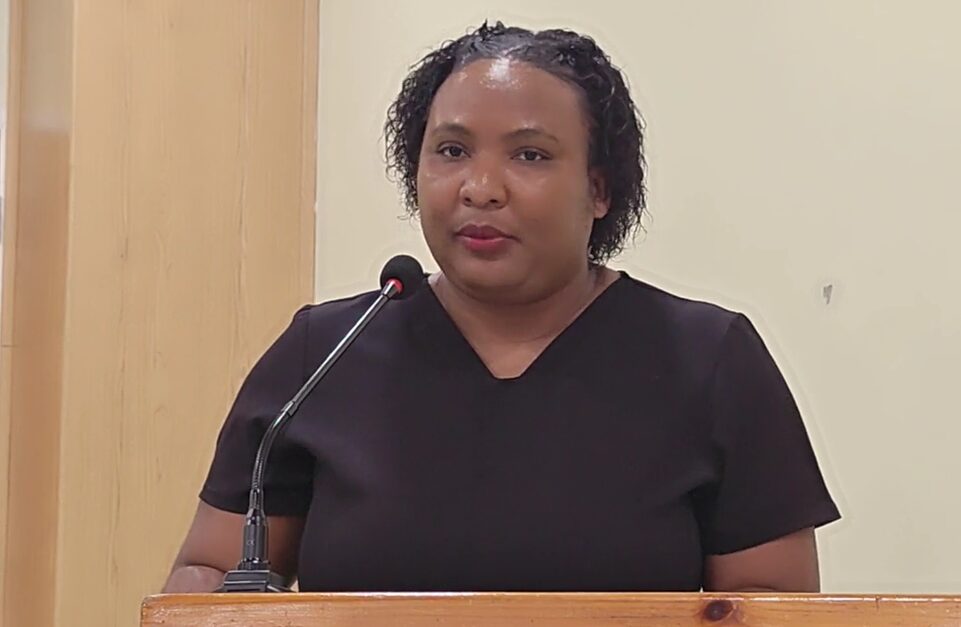Dr. Natasha Maxime-Esprit, an endocrinologist with Dominica’s Ministry of Health, has issued a compelling call to action for citizens to take greater personal responsibility for their health. Speaking at the Dominica Diabetes Association Conference on November 14, 2025, in recognition of World Diabetes Day, Dr. Maxime-Esprit emphasized the critical role of individual accountability in combating diabetes and other non-communicable diseases (NCDs). Since joining the Ministry in 2022, she has been at the forefront of efforts to prevent, diagnose, and manage endocrine disorders, with diabetes accounting for 75% of her caseload. Each month, she consults with 200 to 300 patients across Dominica, ranging from a three-year-old with type 1 diabetes to a 93-year-old with type 2 diabetes. Dr. Maxime-Esprit underscored that diabetes does not discriminate by age or gender, affecting individuals across all demographics. Her presentation, titled ‘A Call to Personal Responsibility,’ highlighted the importance of knowing one’s health status and making proactive choices. She shared a poignant case of a 35-year-old woman who presented with blurry vision and severe headaches, only to be diagnosed with type 2 diabetes and hypertension. The patient, who had not undergone blood tests since age 18, had been unknowingly diabetic for at least three months, with lifestyle factors exacerbating her condition. Over the past five years, Dominica has recorded approximately 531 new cases of type 2 diabetes, with women constituting the majority and the youngest patient being just 15 years old. The Ministry of Health has ramped up its efforts against NCDs, expanding free specialized clinics, nutrition services, and screening programs. However, Dr. Maxime-Esprit stressed that medical interventions alone are insufficient. She identified unhealthy lifestyles, disregard for health when feeling well, and non-compliance with prescribed treatment as major contributors to diabetes complications, all of which hinge on individual choices. She urged citizens to take simple steps such as regular health checks, purchasing home monitoring devices, and setting aside funds for preventive care. The young woman in the case study is now responding well to treatment, having embraced lifestyle changes and medical guidance. Dr. Maxime-Esprit concluded with a hopeful message, affirming that diabetes is not a death sentence and can be managed with early detection and personal responsibility.
Dominican endocrinologist urges personal responsibility in fight against diabetes
